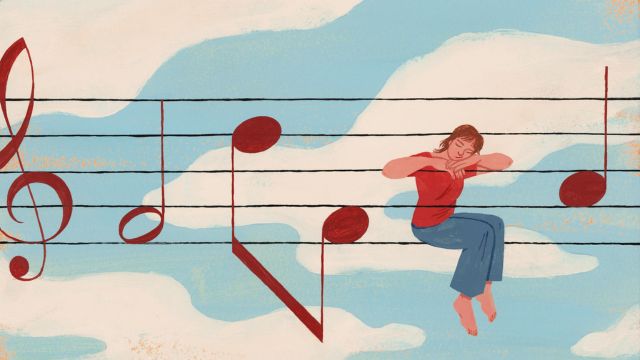Music: The Universal Language and Therapeutic Power
In this realm world of universal language and captivating melodies of music, it has a unique as well as remarkable tendency to surpass the boundaries of culture, language, and time. Music is not just a source of entertainment; it is a powerful tool that can serve as therapy for individuals dealing with various emotional and mental health issues.
Music has been an integral part of human civilization since ancient times. It has the ability to evoke emotions, memories, and feelings in a way that no other form of art can. Whether it’s the soothing tunes of classical music or the energetic beats of pop songs, music has a profound impact on our mood and overall well-being.
Numerous studies have shown that music therapy can be highly effective in treating a wide range of mental health conditions such as depression, anxiety, and stress. Listening to music can help reduce cortisol levels (the stress hormone) in the body and promote the release of endorphins (the feel-good hormones), thereby improving mood and reducing symptoms of anxiety and depression.
Moreover, music can also serve as a form of self-expression and catharsis for individuals struggling with emotional trauma or grief. Writing and composing music can provide an outlet for emotions that may be difficult to express verbally. It allows individuals to process their feelings and experiences in a safe and creative way.
In addition to its psychological benefits, music therapy has also been found to have physiological effects on the body. Research has shown that listening to music can lower blood pressure, heart rate, and respiratory rate. It can also improve sleep quality and enhance the immune system’s functioning. These physical benefits further contribute to an individual’s overall well-being.
One of the reasons why music is such a powerful therapeutic tool is its ability to activate multiple regions of the brain simultaneously. When we listen to music, various parts of our brain are engaged, including those responsible for memory, emotion, and motor skills. This multisensory stimulation can help improve cognitive function, enhance memory, and promote neuroplasticity.
Furthermore, music therapy is not limited to passive listening. Active participation in music-making, such as playing an instrument or singing, can have even greater therapeutic benefits. Learning to play an instrument requires focus, discipline, and coordination, which can help improve cognitive skills and enhance brain connectivity. It can also boost self-esteem and provide a sense of accomplishment.
Music therapy is a holistic approach that can be tailored to meet the specific needs of individuals. It can be integrated into various treatment modalities, including psychotherapy, counseling, and rehabilitation programs. Music therapists are trained professionals who use music interventions to address the physical, emotional, cognitive, and social needs of their clients.
In conclusion, music is not just a form of entertainment; it is a powerful therapeutic tool that can have a profound impact on our mental and physical well-being. Whether it’s listening to our favorite songs or actively participating in music-making, music has the ability to heal, uplift, and transform us. So the next time you’re feeling down or stressed, turn on some music and let its therapeutic power work its magic.





